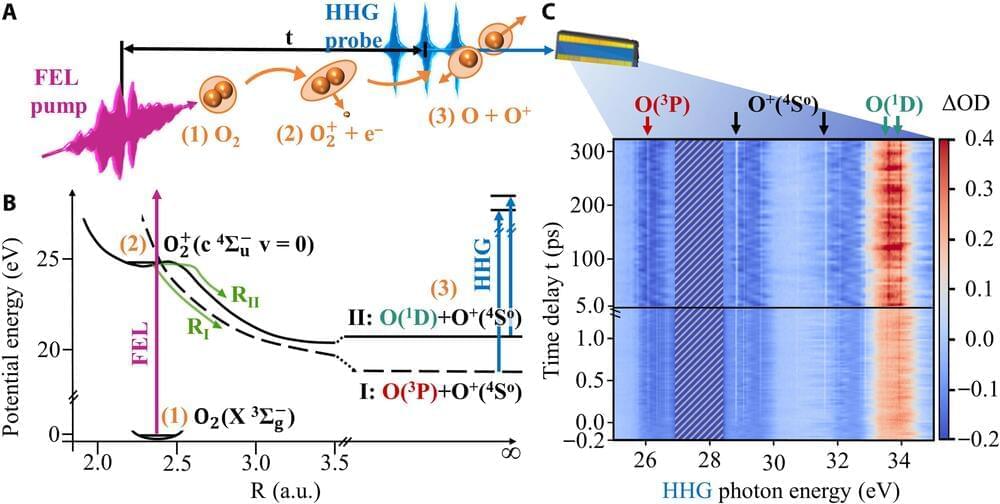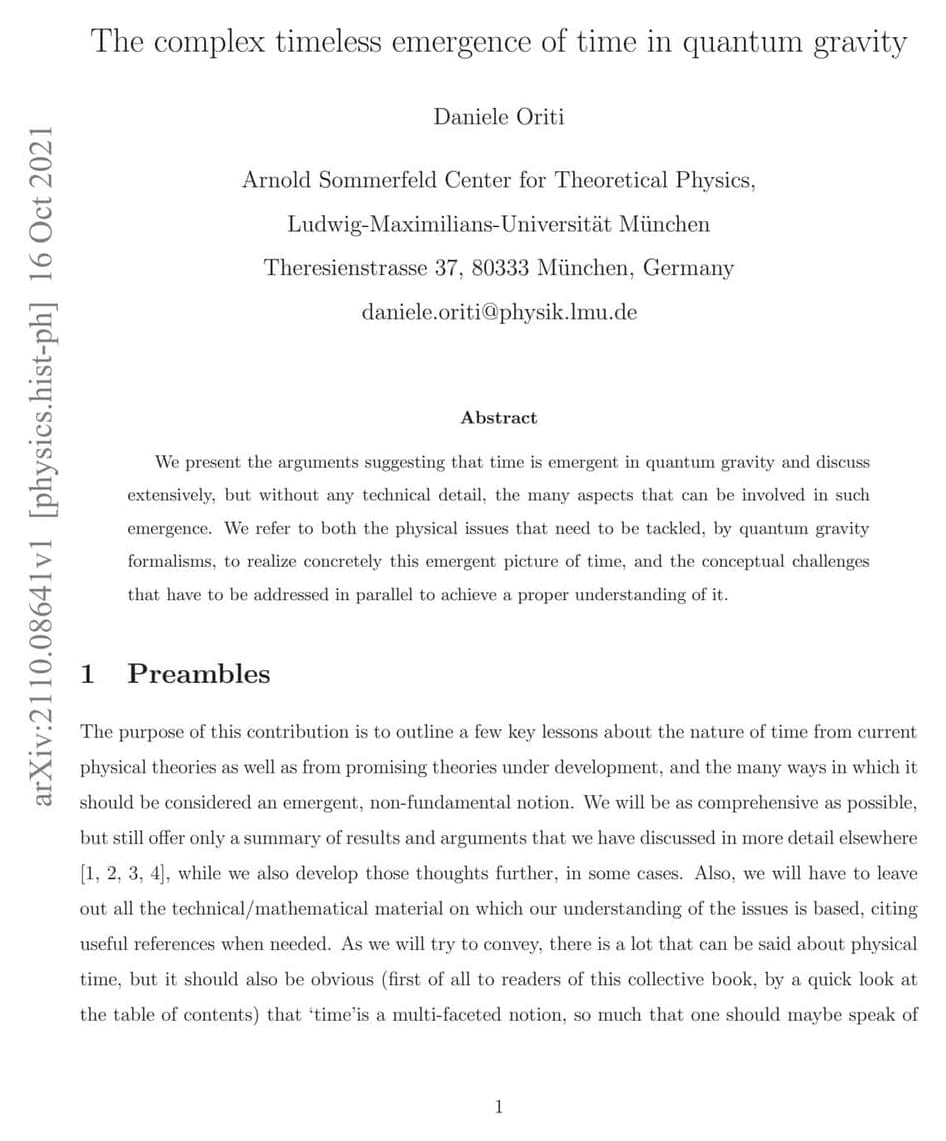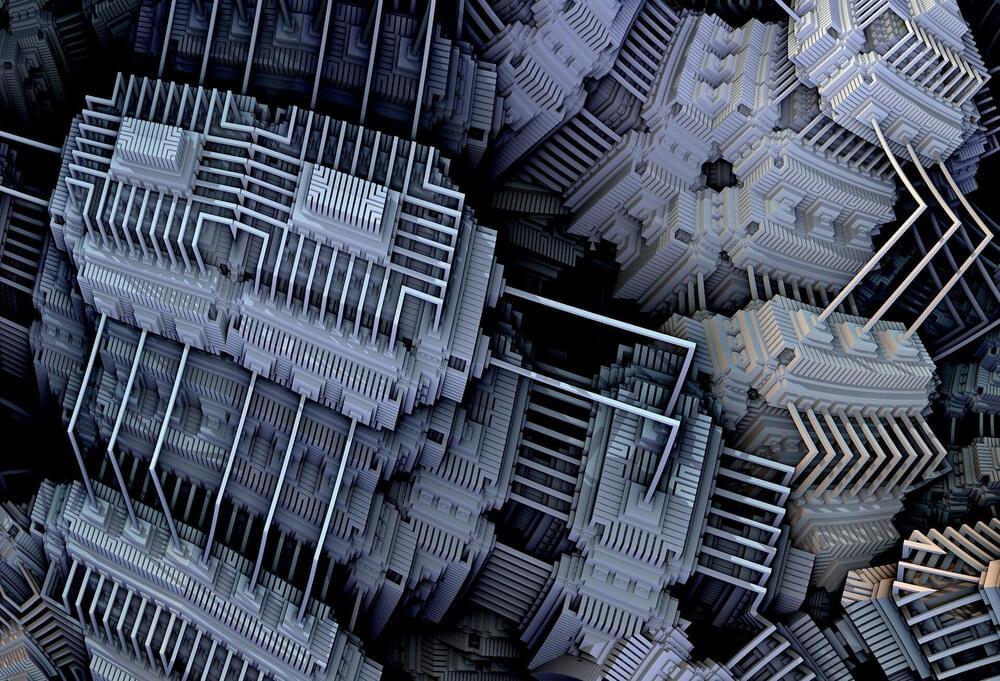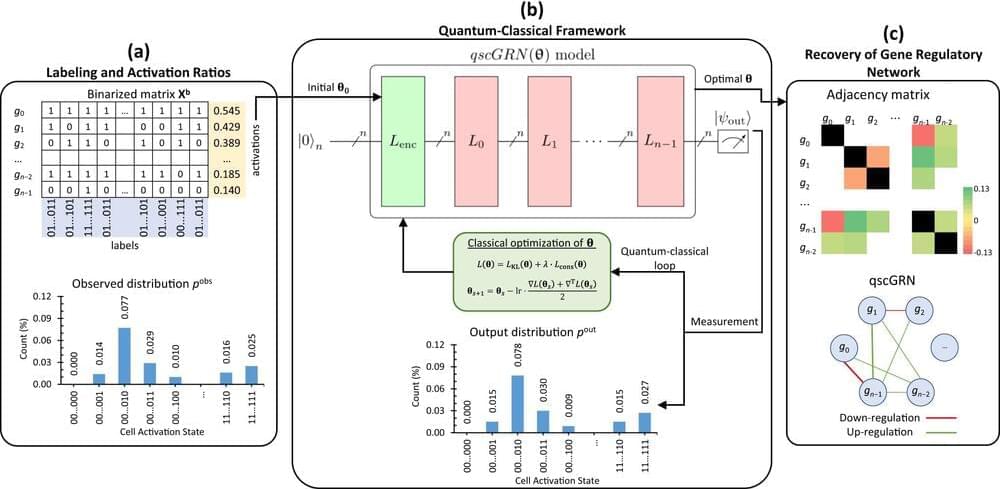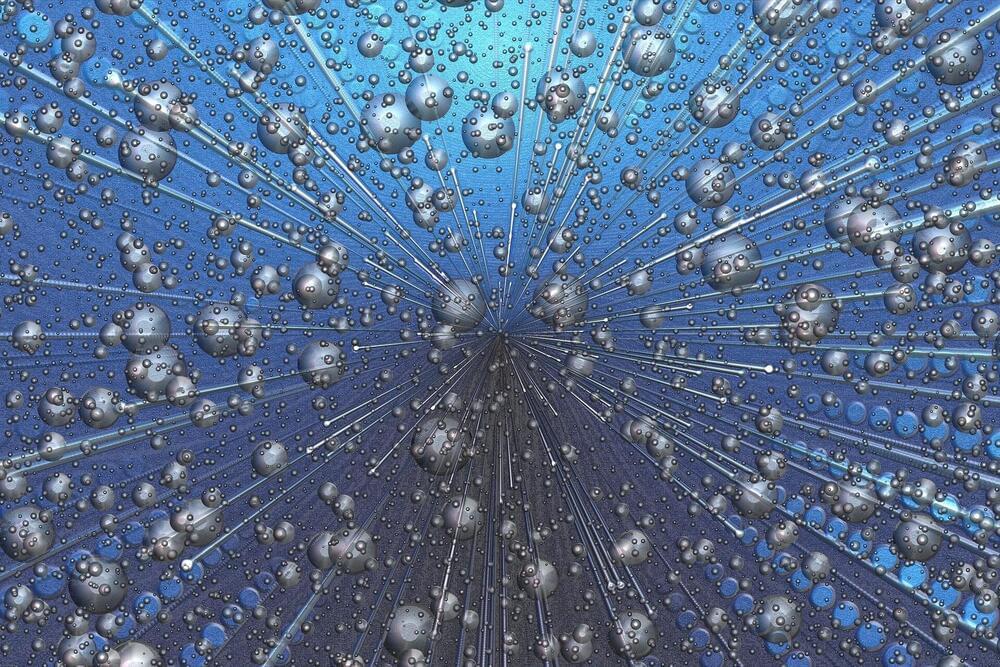For the first time, researchers have succeeded in selectively exciting a molecule using a combination of two extreme-ultraviolet light sources and causing the molecule to dissociate while tracking it over time. This is another step towards specific quantum mechanical control of chemical reactions, which could enable new, previously unknown reaction channels.
The interaction of light with matter, especially with molecules, plays an important role in many areas of nature, for example in biological processes such as photosynthesis. Technologies such as solar cells use this process as well.
On the Earth’s surface, mainly light in the visible, ultraviolet or infrared regime plays a role here. Extreme-ultraviolet (XUV) light—radiation with significantly more energy than visible light —is absorbed by the atmosphere and therefore does not reach the Earth’s surface. However, this XUV radiation can be produced and used in the laboratory to enable a selective excitation of electrons in molecules.
